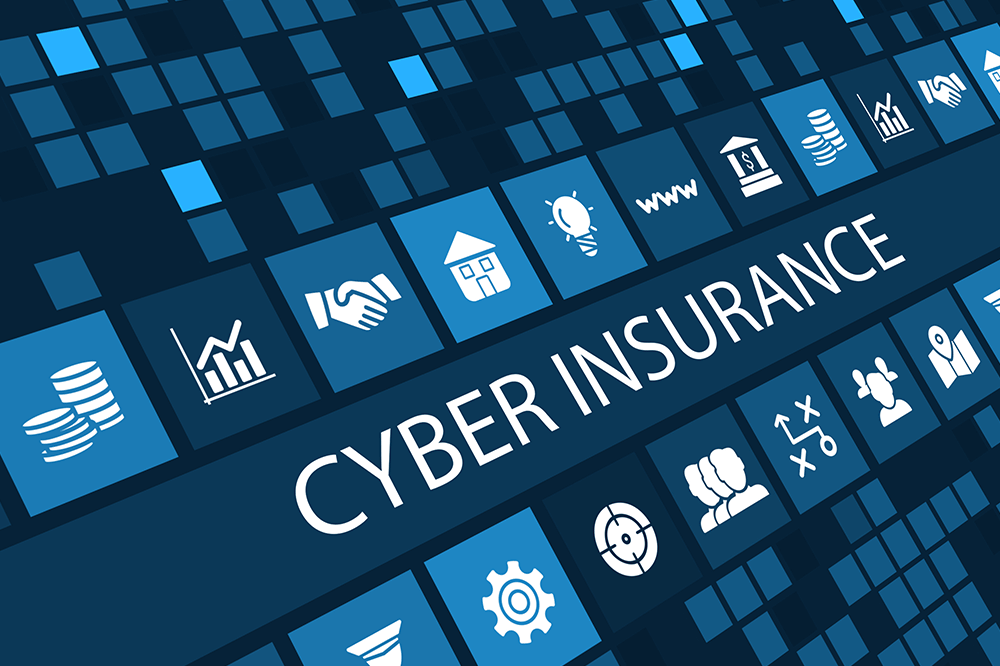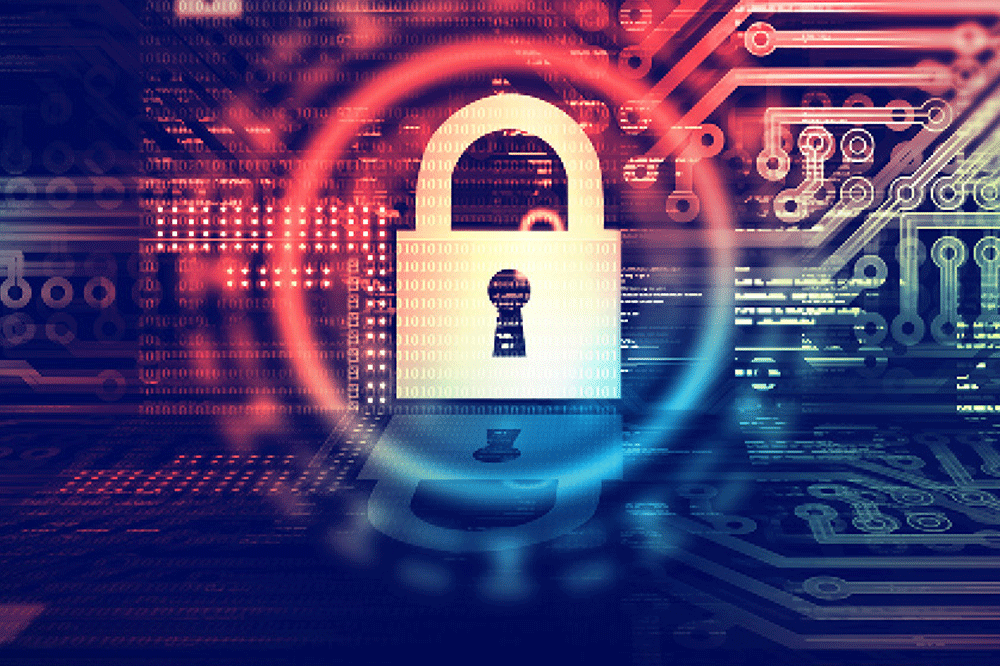The Growing Threat of Cyber Attacks
In today’s digital age, cyber attacks are a growing threat to businesses of all sizes. According to a report by Hiscox, over 60% of small businesses experienced a cyber attack in 2019, and the average cost of a data breach was over $200,000.
As businesses increasingly rely on technology to store sensitive information and conduct transactions, the risk of cyber attacks continues to grow. Hackers can steal personal and financial information, hijack company systems, and hold data for ransom.
What is Cyber Liability Insurance?
Cyber liability insurance is a type of insurance that provides coverage for losses related to cyber attacks and data breaches. It can help cover the costs of investigating and mitigating a cyber attack, as well as liability claims and legal fees that may arise from the attack.
There are several types of cyber liability insurance policies available, depending on the specific needs of your business.
Some policies may include coverage for:
- Data breach notification costs
- Business interruption losses
- Cyber extortion
- Reputation management

Why is Cyber Liability Insurance Important?
1. Protects Your Business from Financial Losses
Cyber attacks can result in significant financial losses for businesses. The costs associated with a data breach can include investigating the breach, notifying customers, and providing credit monitoring services. Additionally, a cyber attack can lead to lost revenue due to business interruption and damage to your company’s reputation.
Cyber liability insurance can help protect your business from these financial losses by covering the costs associated with a cyber attack. This can help your business recover more quickly and minimize the impact of the attack on your bottom line.
2. Helps You Comply with Legal Requirements
Depending on the nature of your business and the type of data you store, you may be subject to legal requirements related to data privacy and security. For example, the General Data Protection Regulation (GDPR) in Europe requires businesses to take steps to protect personal data and notify customers in the event of a data breach.
Cyber liability insurance can help your business comply with these legal requirements by providing coverage for costs associated with data breach notification, legal fees, and other expenses related to regulatory compliance.

3. Demonstrates Your Commitment to Cybersecurity
Having cyber liability insurance can also demonstrate your commitment to cybersecurity to customers, investors, and partners. By taking steps to protect your business from cyber attacks, you can build trust and confidence in your brand and differentiate yourself from competitors who may not take cybersecurity as seriously.
4. Provides Access to Expertise and Resources
In the event of a cyber attack, cyber liability insurance can provide access to expertise and resources to help you respond quickly and effectively. Many insurance policies include access to cybersecurity experts who can assist with investigating the attack, securing your systems, and communicating with customers and stakeholders.
Conclusion
Cyber attacks are a growing threat to businesses of all sizes, and cyber liability insurance is an essential tool for protecting your business from financial losses and complying with legal requirements. By having cyber liability insurance, you can demonstrate your commitment to cybersecurity, access expertise and resources in the event of an attack, and minimize the impact of a cyber attack on your business.
